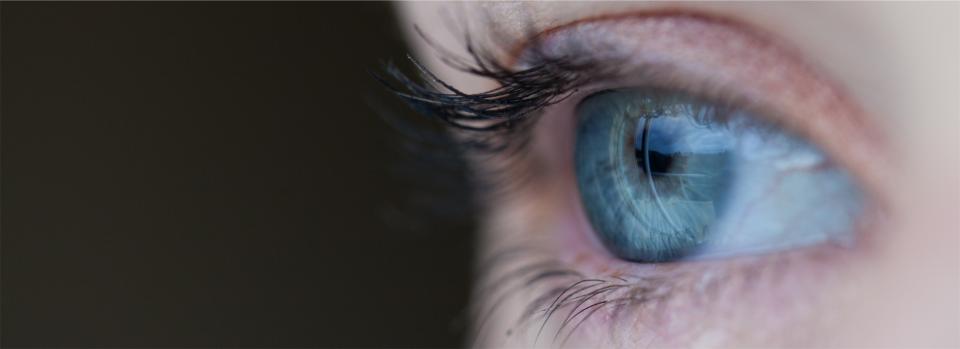Can You Prevent Macular Degeneration?

Macular degeneration is an age-related eye condition with the potential to cause partial or complete vision loss. According to the American Society of Retina Specialists, approximately 15 million Americans have macular degeneration, though an official diagnosis is normally not made until the patient begins to show signs of vision loss.
What Causes Macular Degeneration?
As people age, drusen deposits form underneath the retina of the eye. Drusen spots are thought to be yellowish particles of deteriorating tissues. The macula, a component found in the center of the retina, is responsible for transmitting clear images of objects directly in front of the eye. As drusen builds up, it interferes with normal function of the macula, causing vision to become blurry and distorted.
Age is the single most influential risk factor, with the condition primarily affecting those aged 60 and older. However, genetic factors may play a part as well. Caucasians are more likely to be affected, along with those with a family history of the condition. As with most age-related diseases, smoking exacerbates the chances of development as well.
Symptoms of Macular Degeneration
The milder version of the disease is termed dry macular degeneration. The individual might notice a blurry spot begin to develop in their central field of vision. They may require additional light sources to read printed words and sense a decrease in the brightness of colors. The majority of patients diagnosed with the condition experience this form.
Wet macular degeneration is much more serious and damaging, though it only affects 10 percent of those diagnosed. Abnormal blood vessels grow beneath the damaged retina and leak fluid and blood, further damaging the tissues of the eye. Creating new blood vessels is the body’s response to the dying retinal cells, but the result only produces tissue scarring and abrupt vision deterioration.
Is the Condition Preventable?
Eye care professionals recommend a focus on healthy aging to reduce the risk of developing this eye condition. A 2003 study published in Archives of Ophthalmology found those who exercised at least three times per week were less likely to develop the disease over sedentary individuals. Further studies found high blood pressure is an additional risk factor. While no one can control the hereditary factors affecting them individually, an emphasis on adequate exercise and a balanced healthy diet can help maintain strong eyesight into the later stages of life.
Will Your Insurance Cover Treatment?
While macular degeneration is medically considered irreversible, treatments such as vitamin supplements, laser therapy, injections and regular medication have been proven to slow or stop disease development. The effectiveness of treatment strongly depends on when the condition is diagnosed. Visiting an eye doctor on a regular basis will ensure macular degeneration is spotted in its earliest stages. Once an eye doctor identifies the early stages of macular degeneration, they will be sure to keep a close watch on further decline in vision so the patient can receive treatment as soon as acute symptoms develop.
If your current insurance plan does not offer vision coverage, talk to an expert insurance advisor at My Senior Health Plan. You will find all the information you’re looking for regarding cost-effective, personalized vision insurance plans designed to meet your needs.
Source: http://www.asrs.org/patients/retinal-diseases/2/agerelated-macular-degeneration
http://www.allaboutvision.com/conditions/amd.htm
- How Medicare Advantage Plans Cover Seniors’ Vision, Hearing, and Dental Needs - October 29, 2024
- 2025 Medicare Part D Changes: How to Save on Prescriptions - October 25, 2024
- Everything You Need to Know About the 2025 Medicare Changes and How They Affect You - October 21, 2024

